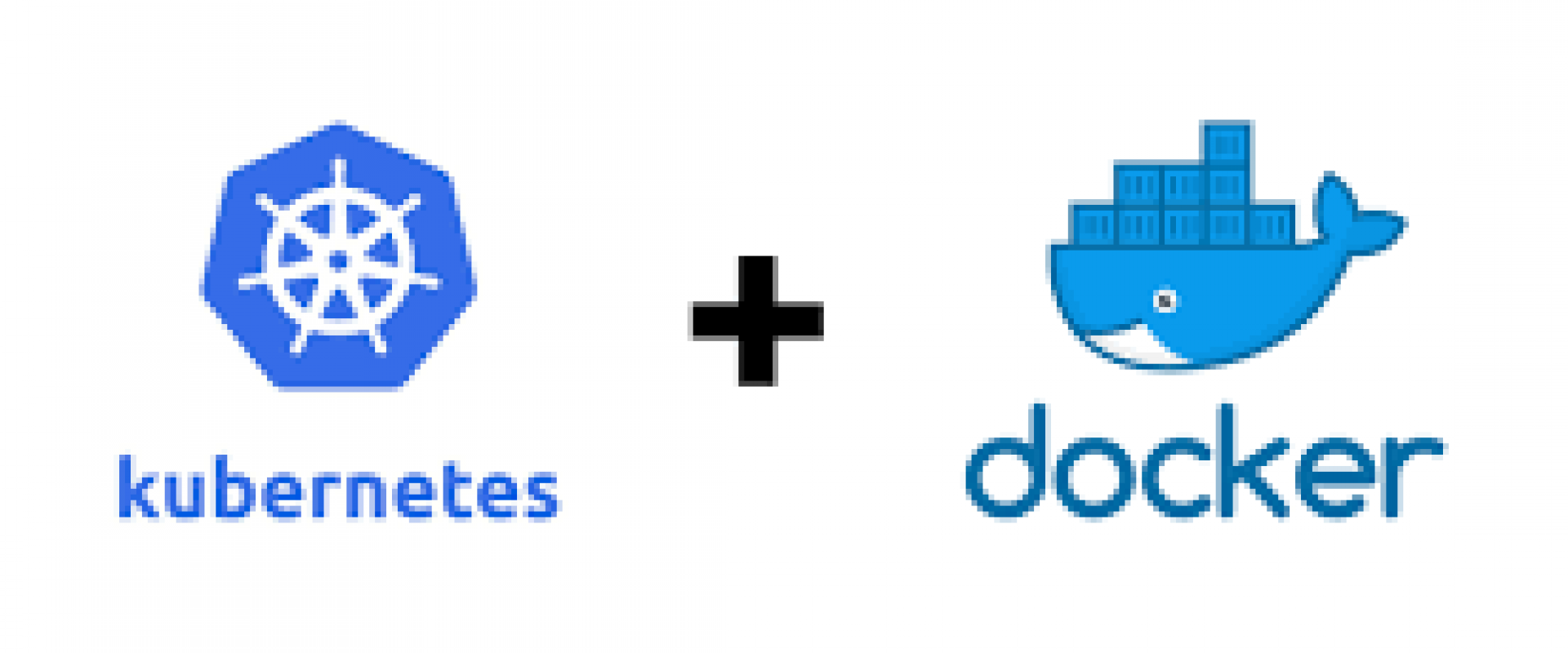What to Learn First: Docker or Kubernetes?

Docker and Kubernetes are completely different technologies. Learning both of them is highly important. So, what is the difference between the two?
When it comes to app development, many people wonder what to choose, Docker or Kubernetes. However, both technologies are vital to proper containerization. Accordingly, learning them at the same time can move you ahead of the competition and turn you into a demanded professional.
When we speak of container technologies, both Docker and Kubernetes are open-source leaders. While many people are trying to figure out which one to learn first, they are basing their decision on a misconception.
Docker and Kubernetes are completely different technologies. You can use them either individually or in tandem. Learning both of them is highly important. So, what is the difference between the two? Let’s take a closer look.
Containerization
To understand the differences between Docker and Kubernetes, it’s important to explore containers. Containers are fundamental to app development since they solve a variety of important issues.
When a developer is coding, they are working in a local development environment. When the code goes into production, certain problems can arise. The code that works great on the developer’s computer stops working in production.
This can happen for a variety of reasons, like different OS, dependencies, and libraries. By taking advantage of containerization, developers solved the major problem of dividing the code and the underlying infrastructure it runs on.
With containerization, developers could pack their app with all bins and libraries into a container image. By using a containerization platform, this container can be executed on any computer, nullifying the compatibility issue.
What Is Docker?
Docker is an open-source platform designed specifically for creating, deploying, and managing containerized apps.
Developers can create containers without Docker. However, doing it in Docker makes containerization faster and simpler. The platform makes it safer to build, use, and manage containers.
Basically, it’s a set of tools that allows the developer to work with containers by using a simple collection of commands.
Docker is so popular that many developers use Docker and container interchangeably. However, container technology has been available long before Docker became a household name. For example, Linux Containers appeared in 2008, while Docker was released in 2013.
Docker container technology:
- Allows users to enjoy seamless portability
- Offers lightweight updates
- Provides automated container creation
- Offers container versioning
- Has container reuse
- Supports shared container libraries
All the above functions made Docker a more appealing choice than Linux Containers. Learning how to use it can help you streamline your app development process tremendously, allowing your programs to go into production faster.
What Is Kubernetes?
Kubernetes is an open-source container platform that helps automate a variety of manual processes involved in deploying, managing, and improving containerized apps. With this platform, you can take a number of hosts running containers and manage these groups efficiently.
When applications grow and create multiple containers deployed across various servers, operating these apps becomes complex. To manage the operation, Kubernetes offers an open-source API that controls where and how these containers run.
Kubernetes works with clusters of virtual machines and schedules how containers deploy on those machines based on the available resources. Containers are grouped into pods (basic operational units in Kubernetes), and those pods can be scaled according to the developer’s wishes.
In short, Kubernetes automates container operations.
Docker vs Kubernetes: Which One to Learn First
While Docker and Kubernetes may look alike at first glance, these two platforms are completely different. If you want to work with a containerized app without worrying about deployment issues, you need to start by learning Docker.
If your goal is to keep multiple containerized apps up and running, Kubernetes is a great platform to take advantage of.
If you are a developer, you most likely need to learn how to work with Docker first. The need for Kubernetes usually comes later.
The Takeaway
Both Docker and Kubernetes are highly demanded tools for app developers. When you learn about containerization, both platforms can carry significant value for deploying, managing, and scaling your apps.
Consider learning Docker first to take advantage of containerization opportunities for one app. Then move on to Kubernetes to manage several containerized apps simultaneously.
We Provide consulting, implementation, and management services on DevOps, DevSecOps, Cloud, Automated Ops, Microservices, Infrastructure, and Security
Services offered by us: https://www.zippyops.com/services
Our Products: https://www.zippyops.com/products
Our Solutions: https://www.zippyops.com/solutions
For Demo, videos check out YouTube Playlist: https://www.youtube.com/watch?v=4FYvPooN_Tg&list=PLCJ3JpanNyCfXlHahZhYgJH9-rV6ouPro
If this seems interesting, please email us at [email protected] for a call.
Relevant Blogs:
Amazon EKS Case Studies: How Are Businesses Benefiting from EKS?
Backups Are Moving Away from On-Premises Boxes
How to Securely Configure an AWS EC2 Instance
How Cloud Computing Is Changing in the Near Future
Recent Comments
No comments
Leave a Comment
We will be happy to hear what you think about this post